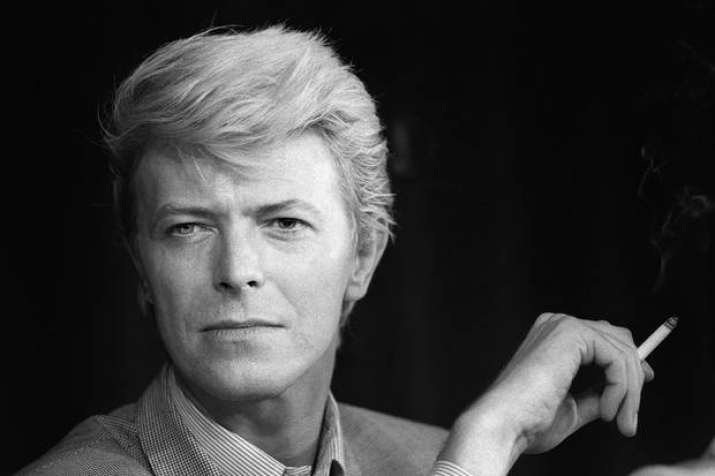NEWS
David Bowie: From Neophyte Buddhist to One of the Most Influential Musicians of His Time
 David Bowie, 1947–2016. From huffingtonpost.com
David Bowie, 1947–2016. From huffingtonpost.comAs one of the most highly regarded and influential musicians of his time, David Bowie was many things to many people—over the course of a prolific career that spanned six decades and numerous musical genres, he adopted and discarded a host of incarnations as a performer, from Ziggy Stardust to the Thin White Duke, continually reinventing his persona. Such is his influence that the sudden news of his passing on 10 January after an 18-month struggle with cancer has drawn tributes from millions around the world who have been touched in some way by his art.
Never afraid to break molds or flout convention, Bowie was often open on his position on religion and spirituality, saying in a 2005 interview: “Questioning my spiritual life has always been germane to what I was writing. Always. It’s because I’m not quite an atheist and it worries me.” (beliefnet)
Bowie was born David Robert Jones on 8 January 1947 to a working class family in Brixton, south London. Young David Jones was just 13 when Buddhism, which was then growing in popularity in Britain, first came to his attention. During the years leading up to the launch of his solo career in 1967, his interest grew until he was visiting Tibet House up to four times a week.
In a 2001 interview, Bowie recalled: “One day, I walked into the office [at Tibet House] and it was empty,” he said. “I went down the stairs and saw a man in saffron robes. He said, in very broken English, ‘You are looking for me.’ I realized years later that it was a question, but as a 16-year-old, I took it as a statement: ‘You are looking for me.’” (Newsday)
The man in the saffron robes was Tibetan lama Chime Yong Dong Rinpoche, who would become the young man’s teacher for several months. Under the guidance of Chime Rinpoche, Bowie later visited Samye Ling Tibetan monastery at Eskdalemuir in Scotland with new friend and future collaborator Tony Visconti, and would later assert that, “I was within a month of having my head shaved, taking my vows and becoming a monk” (Pegg 2011).
Hyperbole or not, the monastic path was not for Bowie. “After a few months of study, he told me, ‘You don’t want to be Buddhist,’” Bowie said of Chime Rinpoche. “He said, ‘You should follow music.’” (Newsday)
Bowie later wrote the song “Silly Boy Blue” as a tribute to Chime Rinpoche for his 1967 debut album David Bowie.
Years later, in an interview with Esquire magazine titled “What I’ve Learned,” Bowie disclosed, “I’m in awe of the universe, but I don’t necessarily believe there’s an intelligence or agent behind it. I do have a passion for the visual in religious rituals, though, even though they may be completely empty and bereft of substance. The incense is powerful and provocative, whether Buddhist or Catholic.”
In 2001, Bowie also jumped at the chance to appear in an ensemble benefit concert for Tibet House held at New York’s Carnegie Hall. The timing seemed right, he said of his decision to participate in the event. “Certain experiences, like spiritual messages, float through your life. Probably in the last year I have become more aware of that, not from a spiritual standpoint, really, but from the teachings. I have always followed some of the tenets of Buddhism, especially the one about change. What came from my Buddhist bumblings is that change is our river. I keep coming back to that, and it means an awful lot to me.” (Newsday)
References
Pegg, Nicholas. 2011. The Complete David Bowie. London: Titan Books.
See more
David Bowie: What I've Learned (Esquire)
Stardust Memories / Without Tibet House, David Bowie never may have gotten Ziggy with it. Now the pop star returns the favor by performing at the annual benefit concert. (Newsday)
'I'm Not Quite an Atheist, and It Worries Me' (beliefnet)
David Bowie’s fascination with Tibet and Buddhism (Patheos)
David Bowie Tibet House Benefit 26.02.2001 Silly boy blue (YouTube)
Lama Chime Rinpoche Tribute and Prayers for David Bowie (YouTube)














